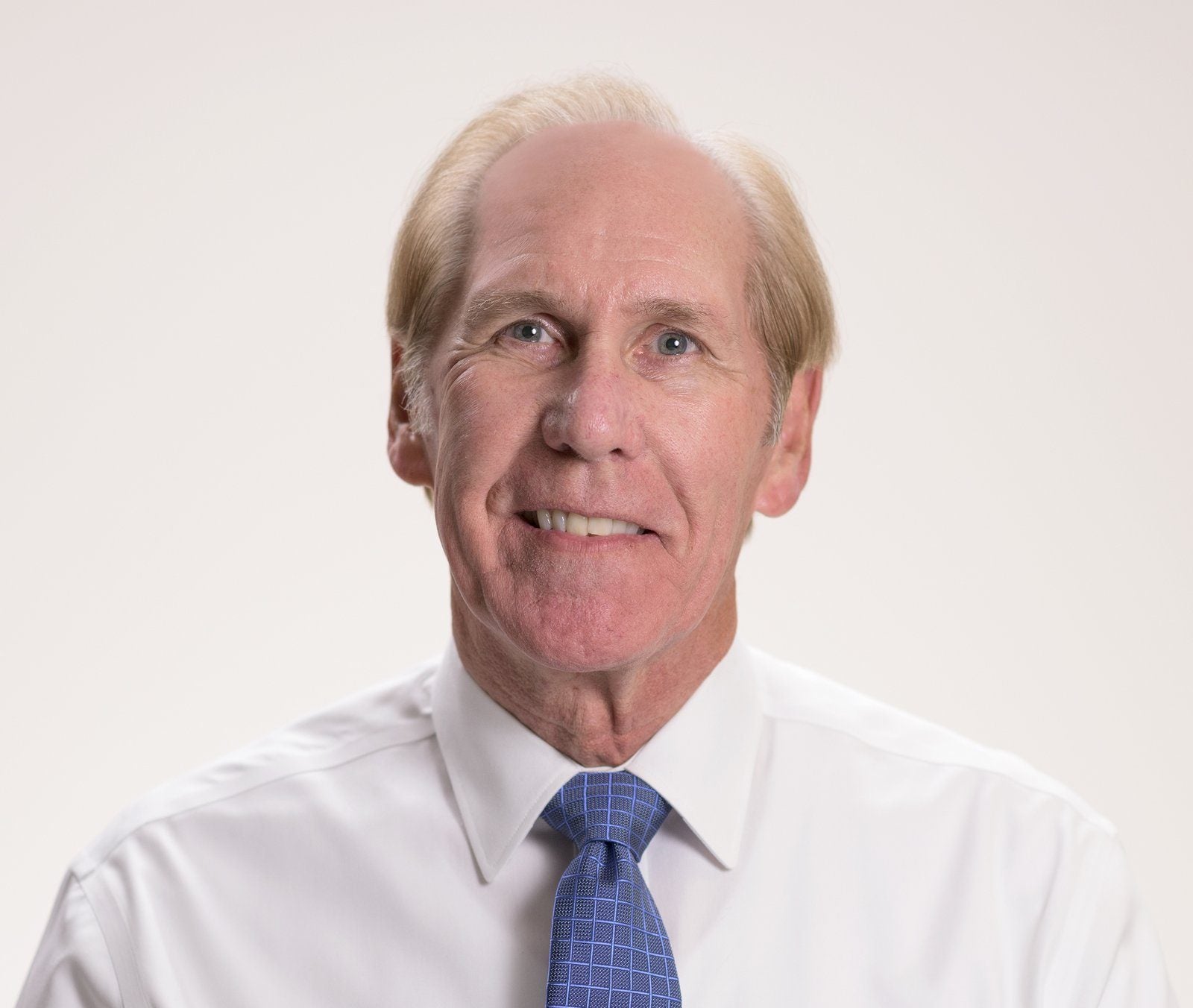The Far Country – An attitude of the heart
Published 5:25 am Monday, December 4, 2023

- Michael Brooks
|
Getting your Trinity Audio player ready...
|
By Michael J. Brooks
I took my trusty GPS with us on our trip to Denver last year, with a side trip to Mt. Rushmore, but ended up using Google Maps on my cell phone instead. In fact, the only argument we had on the long trip was that my wife used Apple Maps, and sometimes the two systems disagreed. However, we arrived and returned in good order so both systems did fine.
I remember using old-fashioned roadmaps before we had these devices. I worked with a staff minister who encouraged me to stop at state rest areas on my travels and get the newest roadmaps, so I continued this practice for a long time. At least with roadmaps we had an idea of where we were–north, south or whatever. With the current devices we normally just do as they command without worrying about longitude or latitude—a lesson in faith, I suppose.
We’re warned now not to text and drive, but many of us remember our generation transgressing, too, as we read unfolded roadmaps in our laps as we drove!
I preached once about “the far country” where the prodigal son went when he grew sick and tired of home. I unfolded a roadmap and asked the congregation, “Where do you think the far country is?” Then I held up the GPS and asked where they thought we might travel if I tapped in “far country.” The point is that we don’t know where his journey took him, nor do we know the equivalent location in our area. The far country isn’t as much a logistic on a map as an attitude of the heart.
I’ve known a number of people over the years who professed faith in Christ and surprised us. Some were faithful attenders and workers. But they came to a point in their lives they knew they’d never surrendered to God’s will. They were on the church pew but lived in the far country.
And I’ve known a few rebellious folk in church pews, too, who were drawn to us but didn’t identify with us. I remember a man like this in one place. I offered to pray with him.
“Don’t pray with me,” he said, “but do pray for me.” He visited the faith community, but he lived in the far country.
The prodigal son had to face terrible degradation before coming to his senses. He realized that being a servant in his father’s house was better than being in the muck of the pig pen. And it still is.
I always welcome prodigals to worship.
We all come in the door this way the first time.
But I’m much happier to invite everyone to the father’s house.



